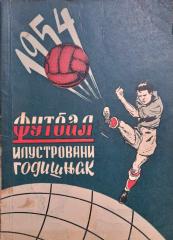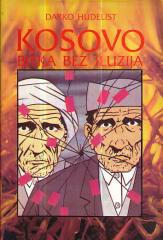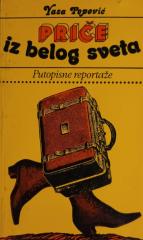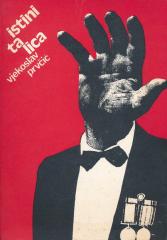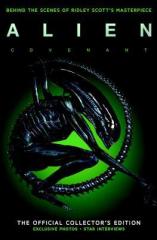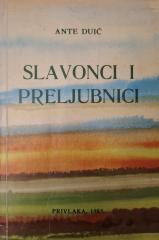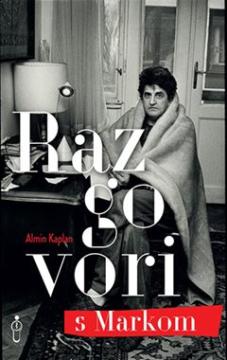
Razgovori s Markom
„Razgovori s Markom“ Almina Kaplana zbirka je intimnih intervjua s pjesnikom Markom Vešovićem, velikim imenom bh. književnosti. Pjesnik Marko Vešović simbolizira otpor: pjesma protiv tame rata i siromaštva.
Podijeljena u tri ciklusa, knjiga prati Vešovićev život: djetinjstvo u siromašnom selu Pape u Crnoj Gori (rođen 1945., gdje je majka udovica s troje djece nakon očeve pogubljenosti kao „narodnog neprijatelja“), odrastanje u Sarajevu, dane opsade (preživio s obitelji, postavši „sarajevski nacionalist“ i izdajnik u očima nekadašnjih), te postratni život prevoditelja i esejista. Kaplan, rođen 1973. u Mostaru, poslijeratni pisac koji je kao tinejdžer preživio logor HVO-a u Štocu, vodi ravnopravan dijalog, dijeleći traume sela i rata gdje opstaju samo oni s talentom za preživljavanje ili srećom.
Razgovori otkrivaju Vešovića kao polemičara i predavača na Filozofskom fakultetu u Sarajevu: iskustva s Nikolom Koljevićem (suosnivačem Akademije nauka), Abdulahom Sidranom i Ivorom Nogom, kritike srpske zločinačke politike u virtuoznim esejima. Poezija je most između djetinjstva, opsade i zaborava – vječna potraga za savršenom riječi, gdje grad postaje troma rutina („ljudi poput prometnih znakova“), a selo okrutna borba. Vešović, autor zbirki poput „Pejsaži“ (1973.) i prevoditelj gotovo 50 tomova svjetske poezije, otvara obiteljske rane: osjećaj inferiornosti, strah od sela („Plašio se sela, a i selo se plašilo njega“), gubitak supruge Gordane. Kaplan razigrava stihove, istražujući utjecaje (od Mak Dizdara do Celana) i tumačenje poezije kao utočište pred dehumanizacijom.
Knjiga nije samo biografija, već meditacija o književnosti kao jedinom što ostaje: „Poezija je oduvijek na nekom čekanju za bolja vremena, a pjesnik ostaje sam i zaboravljen.“ Hvaljena za lucidnost i emocionalnu dubinu (Al Jazeera), nadahnjuje razmišljanje o identitetu u postjugoslavenskom kaosu, gdje jezik hrani duh protiv zaborava.
Nema primjeraka u ponudi
Poslednji primjerak je nedavno prodan.
